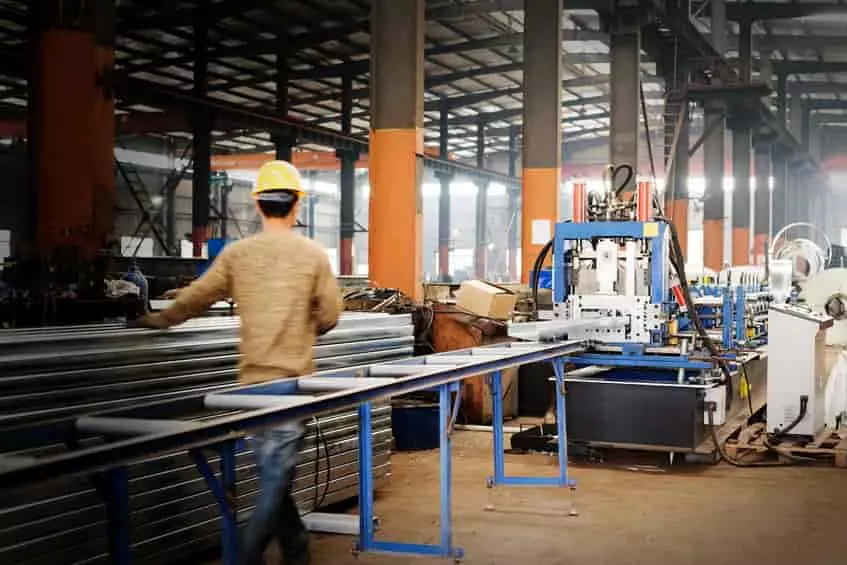
Generac, a home generator manufacturer based in Wisconsin, laments that the company is attempting to balance over two hundred open positions in the company as well as rising input costs while demand continues to grow for its product.
The CEO of Generac recently told Fox Business that the company is forced to pass along rising production costs to its customers; he also said that inflation is “definitely” here to stay.
CEO of Generac Power Systems, Aaron Jagdfeld spoke to hosts on “Varney and Company,” where he discussed the challenges his company is currently experiencing. Jagdfeld said that supply chain issues, partnered with the “incredibly disruptive” rise in cases of the Omicron COVID-19 variant have “significantly interfered” with the manufacturing process.
For Jagdfeld, absenteeism is increased by at least fifteen percent at the peak of the Omicron surge. The Generac CEO said that this was due to employees either isolating themselves due to a positive COVID-19 test or exposure to the virus.
Jagdfeld told Fox Business’ Grady Trimble that between the end of December to mid-January that his operations had been interrupted “severely.”
Like many manufacturing officials during the pandemic, Jagdfeld has had to make adjustments in order to keep the business going. He said that his company had to be both “nimble” and “flexible.” Jagdfeld admitted that he had to move employees around as necessary, but, even so, the flexibility with which he worked to move employees in order to keep the company going had limited “how much” the company could produce during that time.
The Wall Street Journal reported that the supply chain crisis continues, mostly due to a shortage of truck drivers as well as continued congestion in ports across the United States. In addition, manufacturers working to ship their product are seeing elevated freight charges, which are typically passed on to the consumer. In addition to these issues on the supply chain, the surge in Omicron cases as well as inclement winter weather is also affecting the supply chain.
The American Trucking Association President and CEO Chris Spear told Maria Bartiromo that there is a “chronic shortage of talent” in the trucking industry. As such, a great deal of cargo has been left sitting in ports across the United States. He also stated that truckers are “moving more with fewer people” and that sometimes there is less equipment than necessary to move supplies. He told Bartiromo that currently there is a shortage of 81,000 drivers.
Jagdfeld related that he has increased employee wages, hoping to retain his current workforce. This increase, as well as the increase in the cost of freight, has led to higher consumer prices.
An apprenticeship program that would allow for younger drivers paired with experienced drivers would allow for those between the ages of eighteen and twenty to become truckers.
Jagdfeld also spoke about the sharp increase in inflation, which is the highest its been in four decades. Currently, inflation is at seven percent. The Consumer Price Index grew by 0.5 percent in December (compared to November prices).





